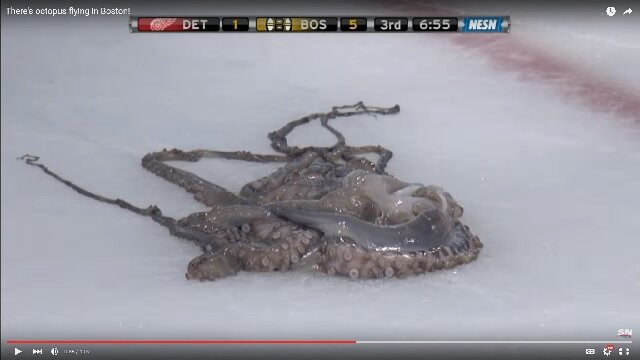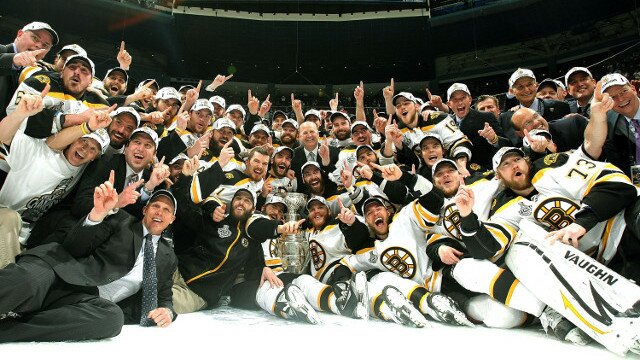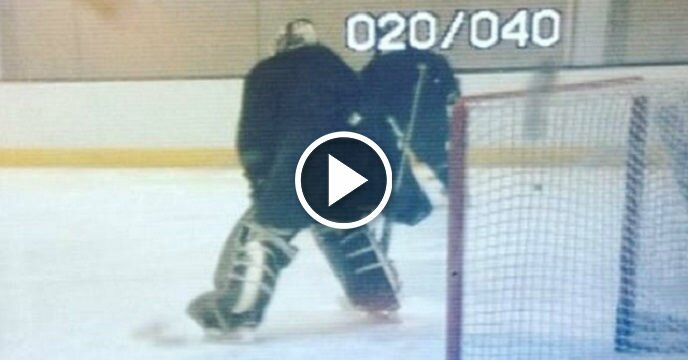
On Wednesday, the NHL announced Patrice Bergeron, Jonathan Toews and Anze Kopitar would be the three finalists for the Frank J. Selke Trophy — awarded to the forward who demonstrates the most skill in the defensive component of the game. Although all three are worthy candidates, it would be difficult to imagine anyone other than Bergeron winning this award.
The 2014-15 season didn’t treat the Boston Bruins too kindly. Just one season removed from winning the Presidents’ Trophy, the Bruins’ season was met with injuries, inconsistencies and a whole lot of frustration, ultimately leading to their first missed postseason since 2006-07. Many Bruins fans would rather forget about what was one of the most disappointing years for the franchise in recent memory, but if there’s one thing that shouldn’t be forgotten, it’s the season Patrice Bergeron had.
This past year, Bergeron continued to prove why he has been and continues to be one of the best two-way forwards in the game. What Bergeron brings isn’t flashy, eye-popping, and doesn’t always show up on the boxscores, but his uncanny ability to drive possession and defend against the league’s best, night in and night out, is what makes him so valuable.
Part of being a great defensive player is limiting the opponent’s puck control. It’s simple logic — the more the opponent controls the puck, the more scoring chances they get; the more scoring chances they get, the more goals they score.
Boston Bruins head coach Claude Julien put a lot of trust in Bergeron’s defensive ability in 2014-15; so much so that he deployed the 29-year-old center in the defensive zone (often against the opposition’s top line) second-most on the team, right behind Gregory Campbell. Despite these difficult assignments, Bergeron remarkably controlled shot attempts at a team-best 58.07 percent rate. His uncanny ability to win faceoffs — finished second in the league with a 59.84 percent win rate — and make the high-percentage play at the right time are what make Bergeron so effective at getting the puck out of the zone efficiently.

Even when comparing Bergeron to the other two Selke candidates, Kopitar and Toews didn’t even come close to putting up the defensive numbers Bergeron did in the regular season. Not only was Bergeron given far tougher minutes in the d-zone, but he also allowed the least scoring chances per 60 minutes at even strength among the three finalists (Bergeron: 21.76, Kopitar: 22.53, Toews: 25.98). Furthermore, Bergeron created the most scoring chances for his team — producing 32.82 scoring chances per 60 ES minutes — and controlled possession better than both players.
If those reasons aren’t good enough to hand him the trophy, I don’t know what is. All three finalists have excellent cases as to why they deserve to win the Selke, but Patrice Bergeron’s is just that much better.
 Share
Share 










